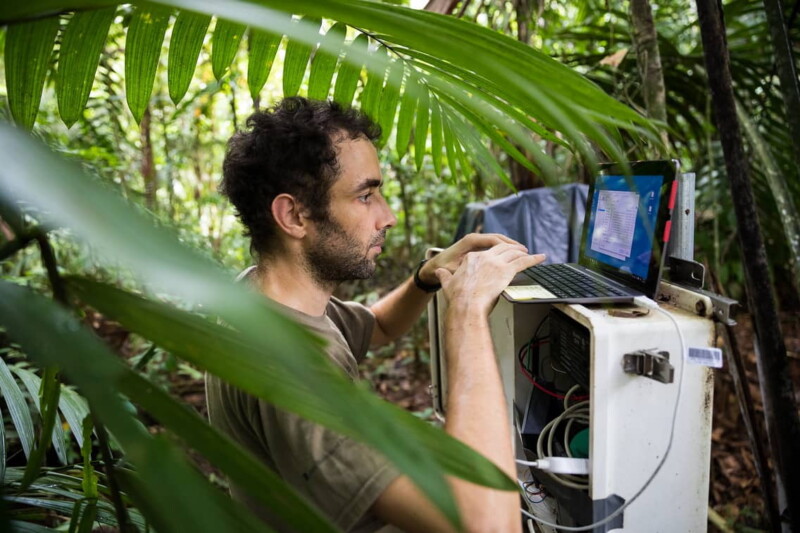Cape Breton University Students to Study Global Biodiversity in Costa Rica
 This fall, 16 students from Cape Breton University’s fourth-year Monitoring Biodiversity course will travel to Costa Rica with their professor, Dr. Alana Pindar, for an extraordinary learning experience. From November 8-18, these students will immerse themselves in one of the most biodiverse regions on the planet, gaining first-hand knowledge of methods for monitoring biodiversity in tropical and coastal ecosystems.
This fall, 16 students from Cape Breton University’s fourth-year Monitoring Biodiversity course will travel to Costa Rica with their professor, Dr. Alana Pindar, for an extraordinary learning experience. From November 8-18, these students will immerse themselves in one of the most biodiverse regions on the planet, gaining first-hand knowledge of methods for monitoring biodiversity in tropical and coastal ecosystems.
“This trip to Costa Rica is an amazing chance to expand on what I’ve learned in class and see conservation efforts in action,” says Chase Merlin, a Bachelor of Arts and Science in Environmental Studies student. “I can’t wait to explore such a biodiverse region and gain hands-on experience that will really deepen my understanding of biodiversity and global environmental issues.”
Costa Rica, known for its incredible biodiversity, is home to more than 500,000 species, representing five per cent of the world’s biodiversity, making it a perfect setting for this unique field trip. During their time in Costa Rica, the students will explore a variety of ecosystems and experience the rich flora and fauna that Costa Rica has to offer. “Experiencing one of the world’s most biodiverse regions firsthand will undoubtedly deepen our students’ understanding of the complexities and interconnectedness of ecosystems on an international scale,” says Dr. Pindar, who is leading the trip. “It’s an unparallelled opportunity for these students to think beyond local conservation efforts and consider biodiversity on a global level.”
During their 10-day stay, students will collaborate with researchers at two renowned field stations – La Selva Research Station and Cirenas Biological Station. The La Selva Research Station is located in Peurto Viejo de Sarapiquí, where students will explore tropical rainforests and learn about their vital role in sustaining global biodiversity. At the Cirenas Biological Station near the town of Manzanillo, students will learn about habitat conservation and coastal ecosystem protection, including sea turtle conservation efforts. Known for their emphasis on integrating social and natural resources, the Cirenas team will engage CBU students in community service initiatives that highlight this integrated approach.
Travel costs have been covered through the Global Skills Opportunity Fund along with financial support from CBU. The trip demonstrates the University’s commitment to providing students with real-world experiences that extend beyond the classroom, preparing them to become leaders in conservation and environmental science.
For additional details on La Selva Research Station and Cirenas Biological Station, visit: La Selva Research Station or Cirenas Biological Station